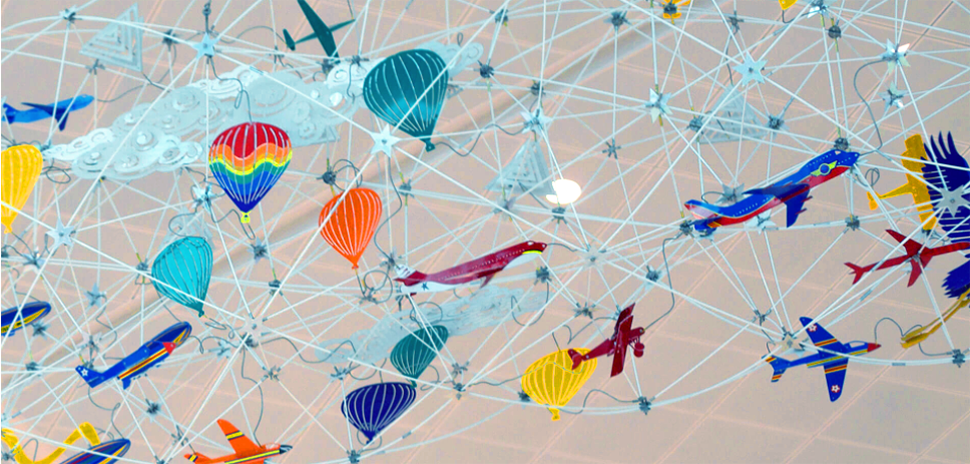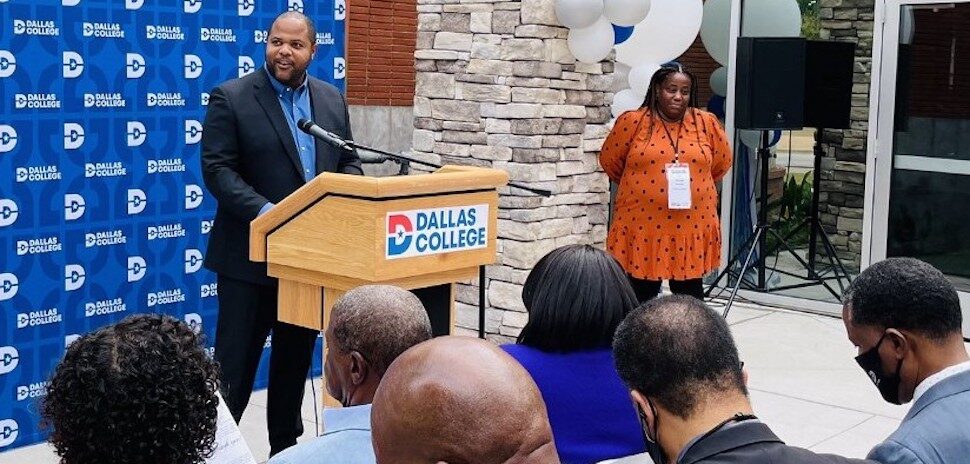The face of the arts in Dallas is changing in many ways, and the city’s Cultural Plan needs to look forward, not back, to reflect all those changes.
After all, the previous Cultural Plan was crafted in 2002 and accomplished many of its goals. But that was then, and the city needs to deal with the realities of now.
That’s the sentiments of Jennifer Scripps, who heads the city’s Office of Cultural Affairs, and many of the leaders of the Dallas arts community.
“Think about the way the world has changed,” Scripps told The Dallas Morning News.
“We are almost a $1 billion-a-year arts economy.”
Jennifer Scripps
“The audience has changed. The demographics of Dallas have changed. Uptown. West Dallas. Whole neighborhoods have been transformed.”
Dallas holds a prominent place nationally as an arts city.
“We are almost a $1 billion-a-year arts economy,” Scripps told the Morning News.
Scripps and her team are seeking public involvement in how the city can better reflect its residents.
The city will hold a series of community meetings beginning 6 p.m. Monday at the Dallas Museum of Art.
Others meetings are scheduled for 6-8 p.m. Tuesday at the Dallas Children’s Theater; 6-8 p.m. Thursday at the Walnut Hill Recreation Center; and 10 a.m. to noon Saturday at Red Bird Mall.
CUlTURAL PLAN SHOULD REFLECT CHANGING DEMOGRAPHICS
Among the issues the plan must reconcile is that Dallas has evolved into a city that is 40 percent Hispanic and 25 percent African-American.
“We have one of the largest Hispanic populations in the country,” Scripps told the newspaper. The Dallas Museum of Art welcomed some 125,894 visitors to the recent Mexico exhibition, she said.
“We have one of the largest Hispanic populations in the country.”
Jennifer Scripps
Scripps said that the city’s most-powerful artistic boards don’t reflect the city’s changing demographics and lack minority representation.
She also wants residents to understand that the Cultural Plan is separate from the city’s upcoming bond which seeks $14.2 million for the arts and another $20.7 million for improvements to three arts buildings at Fair Park, the Morning News said.
The Cultural Plan has plenty to deal with though — how to grow small theaters, how to nurture artists, and how to find new philanthropic sources as older arts patrons pass — for example.
Dallas Innovates, every day
One quick signup, and you’ll be on the list.




























